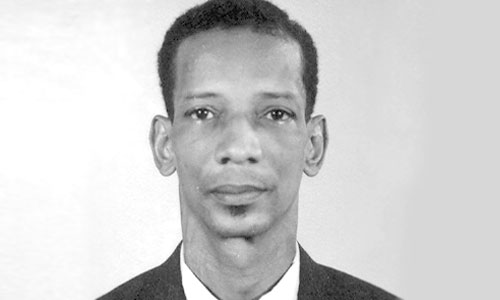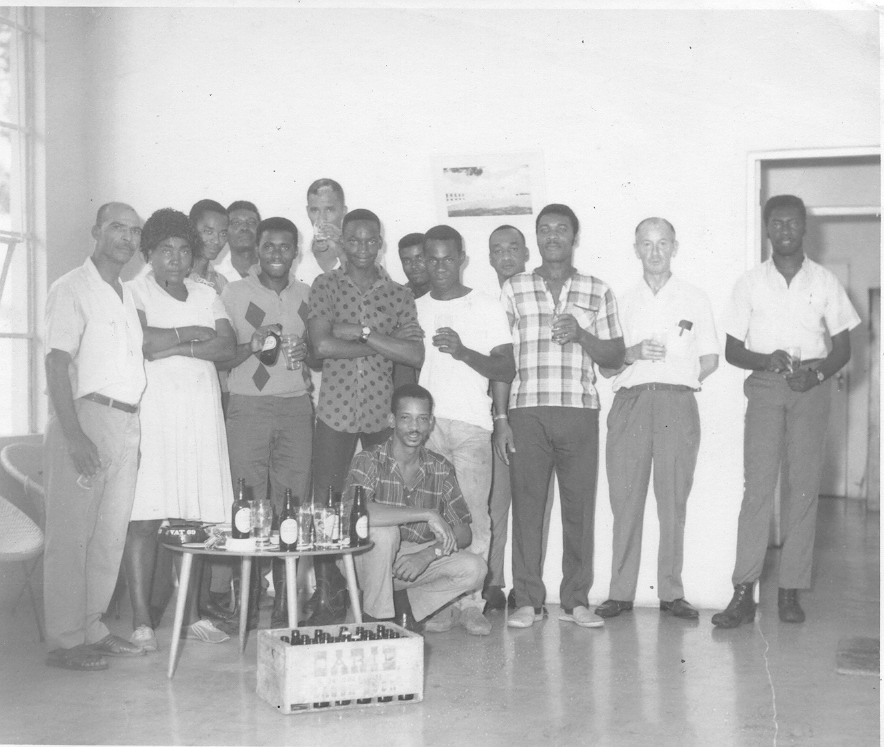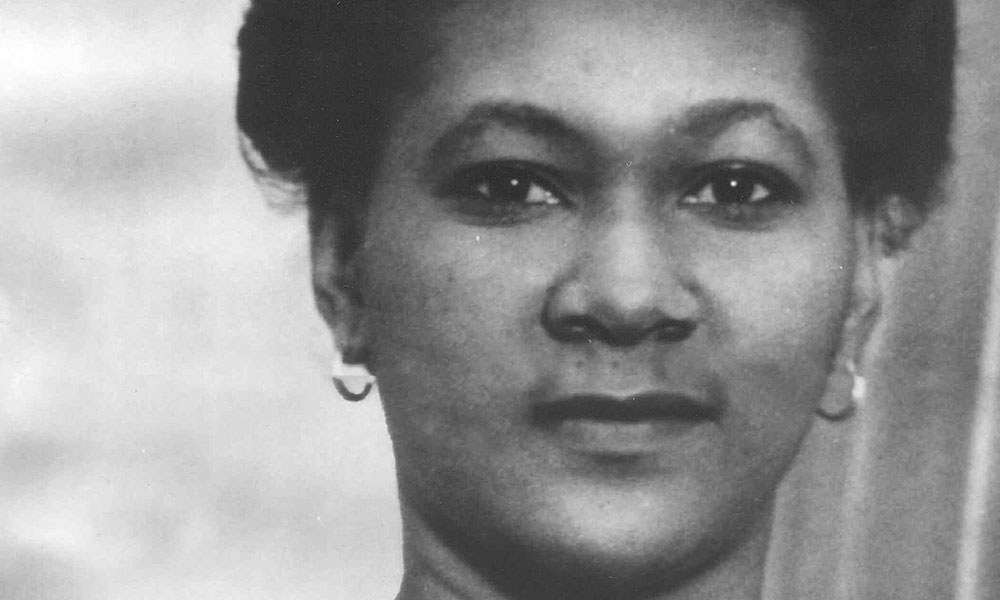
Cromwell Ira Bowry was born in Dieppe Bay on the 24th November 1925. He was the last of nine children born to Jedidiah Bowry and his wife Catherine nee Gumbs. His friend Lloyd Francis, whom Bowry saw as a champion cyclist taught him how to ride a bicycle and made him “venture into the ‘deep’ of Dieppe Bay’s waters and learn to swim.
Mrs Bowry had been the Headmistress of the Dieppe Bay Methodist Wesleyan school in the days when the churches were responsible for primary education and she committed herself to starting her children’s education at home. Young Cromwell then continued his education at the Dieppe Bay Infants School and on the 1st September 1932 he was transferred to the Bethel Government School. He completed Standard Seven and in 1941 became a pupil teacher, a position he held for two years.
It was probably his friendship with Lloyd Francis that encouraged Young Cromwell’s real ambition to become a Mechanical Tradesman. Francis had ben the mechanic who took care of the car of the Dieppe Bay Methodist Church until he left for Curacao in 1938. In 1943 Bowry left the teaching profession to become an apprentice in the machine shop of the Sugar Factory. He trained under Henry George Audain and made a lasting impression on the other men with whom he worked. The training that Bowry received in the machine shop instilled in him a love for precision and form, and an appreciation for neatness and detail. He continued to work at the Factory of the next seventeen years.

In 1960, Cromwell Bowry was seconded as Mechanical Engineer to the St. Kitts Breweries where he continued to work till 1989
Meanwhile Bowry started to broaden his interests. Photography gave him a means of expressing his artistic inclinations and quickly became a business. He took pictures of everything in sight including himself and eventually set up The Central Photo Studio in Basseterre. His biggest success came when the management of the Sugar Factory decided to demolish the two steel-clad smoke stacks. Dynamite was set at the brick bases and the operation went smoothly. Cromwell was there with his camera and he caught the first chimney as it fell. The following day he had photographs of the event for sale at a dollar per print and they sold quickly.
Another interest was triggered by D. L. Matheson. On one of his trips in the wider Caribbean, Matheson acquired a steel pan which he brought back to St. Kitts. Cromwell Bowry was one of the first men to learn to play it. His love for the “metallic sound that reverberates to a stage that is comparable to a piano” sharpened his interest and he went on to teach himself how to tune it and how to build other pans and eventually to teach others how to play it. Bowry became an avid enthusiast and supporter of steel band and he rejoiced that,
“the entire Caribbean has now accepted and declared an awareness of steel band or the steel pan music and the acceptance of the musical instrument for what it really is!!! A musical instrument!!! A creation of the Caribbean people.”
His love for the performing arts took various shapes and in 1957, in St. Kitts first Carnival, Bowry organised a troupe called Sing Sing Convicts which won a prize. He continued to present troupes in many Carnivals that followed. He also appeared in a number of plays. During the Arts Festival of 1964 Bowry played Malvolio opposite C. A. Paul Southwell’s Duke in Twelfth Night. In 1977 Bowry brought his own production of You the Jury before the Kittitian public. It was followed by Witness for the Prosecution in 1978. Premier Southwell died in 1979. It was a tremendous loss to Bowry and others who had shared the stage with him and no productions took place during that year. But true to the theatrical adage that “the show must go on” Bowry returned with a musical evening in June 1980.
On stage or with friends, Bowry loved to recounts stories but mostly he enjoyed telling jokes. He also wrote, produced and acted in numerous theatrical performances portraying “from the sublime to the ridiculous”. In 1967 Statehood was declared for St. Kitts Nevis and Anguilla. Bowry was the Master of Ceremonies at a function in Anguilla. The political situation between St. Kitts and Anguilla had reached a critical point and some of the spectators tried to disrupt the evening’s proceedings. In the midst of the confusion Bowry held his ground and his voice could be heard above the noise insisting that the show must go on.
He often used his talent to assist in church fund-raising events but is involvement with the Wesley Methodist Church went beyond that. He was involved with the Men’s Fellowship and was the only male member of the Women’s League. In his younger days he had even harboured the desire of becoming a local preacher in the Methodist Church. He also felt welcome at the Moravian Church which his wife Mary Jane DeLacoudray attended. Together they had three sons and three daughters.
Cromwell Bowry exited the stage of life on the 23rd June 1993.




